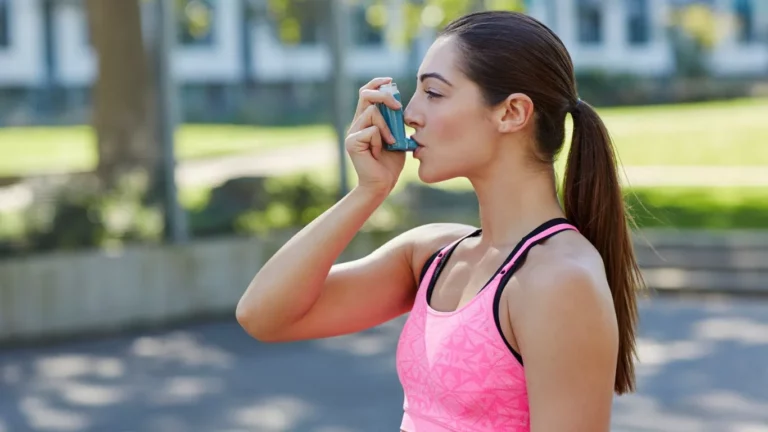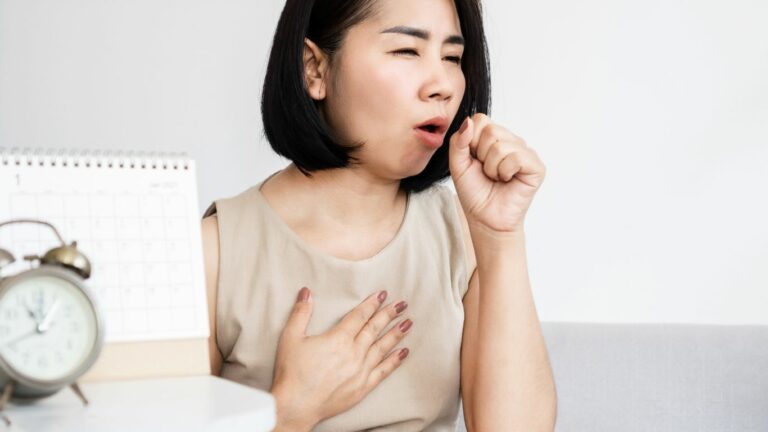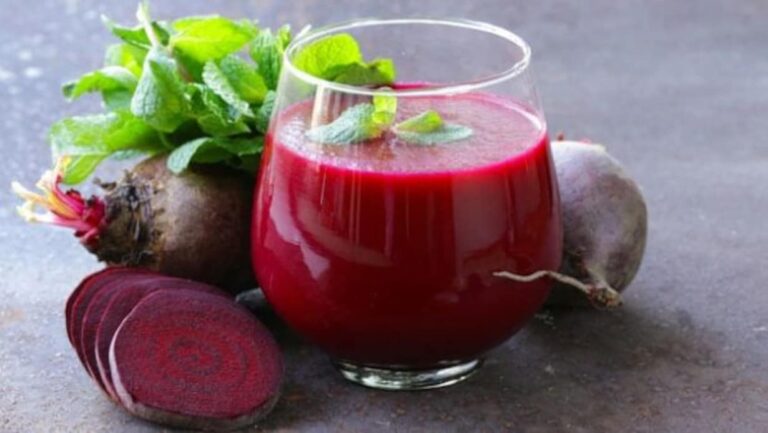Hypertension and Water Retention Solutions: What You Can Do About It 🌊💪
Dealing with hypertension (high blood pressure) and water retention can feel like a total pain in the neck, right? If you’ve got both, it’s like your body’s got double trouble going on, and sometimes it can be really frustrating. I get it—your blood pressure’s high, and you’re dealing with swollen feet, ankles, or hands. It can seem like an uphill battle.
But don’t worry, I’ve got your back! In this post, we’ll chat about why hypertension and water retention tend to show up together, and I’ll walk you through some simple, real-world solutions to help manage both. Trust me, it’s totally possible to get back on track and feel better.
Why Hypertension and Water Retention Are BFFs 👫

First things first: why do these two things often go hand in hand? Well, when your blood pressure is high, it can mess with your kidneys. Your kidneys are supposed to filter out the extra salt and water in your body, but when they’re not working quite right, they’ll hold onto more fluid. And guess what? That’s how you end up with swelling in places like your legs and feet. So, the higher your blood pressure, the more likely you are to see water retention. It’s like one thing leads to the other.
I’ve been there myself—last summer I had a stint with high blood pressure (thanks to too much stress, I think!), and I couldn’t believe how much fluid I was holding onto. My feet felt like balloons! So, I totally understand how it feels when these two are causing trouble at the same time.
How to Tackle Both Hypertension and Water Retention 🏋️♀️
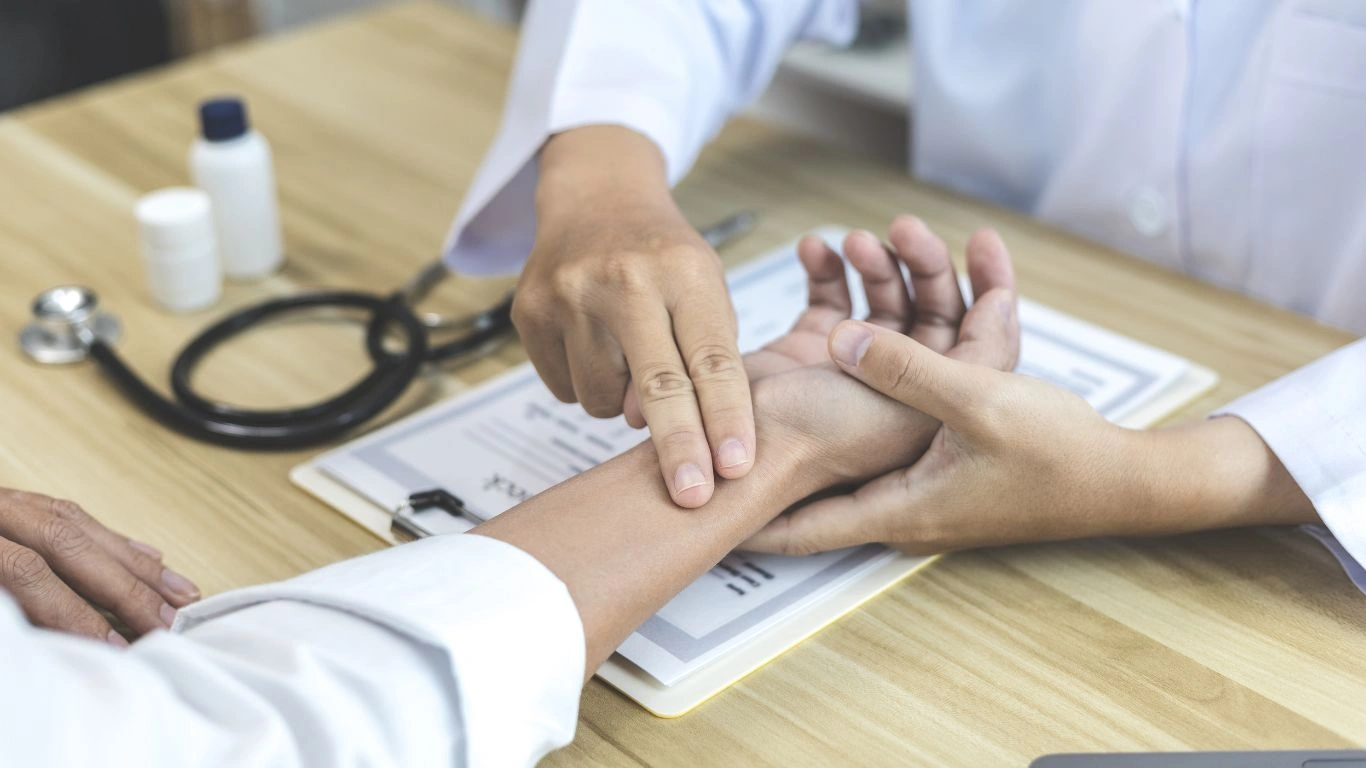
Managing these two doesn’t have to be rocket science. Here are a few tips that worked for me and others I know:
1. Go Easy on the Salt 🍟
This one’s a biggie. If you’re eating a lot of salty foods, your body holds onto water to balance things out. That’s like adding fuel to the fire if you’re already struggling with hypertension and fluid retention.
I remember when I first started cutting back on salt—my favorite thing was salty chips. But once I realized how much better I felt with less salt, I was hooked on the idea of flavoring my food with things like garlic, herbs, or lemon instead. It wasn’t as bad as I thought!
- Try cutting back on processed foods since they’re often loaded with sodium.
- Go for potassium-rich foods like bananas, spinach, and sweet potatoes—these can help your body deal with the salt and balance things out.
2. Keep Moving 🏃♀️
I know, I know. After a long day, the last thing you want to do is hit the gym. But trust me—regular exercise is a game-changer for both blood pressure and fluid retention. Even just a quick 30-minute walk around the block can do wonders.
When I started walking every morning, I noticed my feet felt less swollen, and my blood pressure was way more under control. Exercise helps boost your circulation, which reduces that fluid buildup in your legs. Plus, it’s great for reducing stress, which, as you know, can drive up your blood pressure.
3. Try Compression Socks 🧦
It might sound like something your grandma would recommend, but compression socks really do help with water retention in your legs. They gently squeeze your legs, helping to push the fluid out and improve circulation. I wasn’t sure at first, but once I gave them a shot, I was surprised at how much better my legs felt. I didn’t even care how they looked anymore—comfort wins!
Just remember to talk to your doctor first before diving into any new treatments, just to make sure they’re the right fit for you.
4. Medications: The Last Resort 💊
If lifestyle changes aren’t enough, your doctor might suggest medications like diuretics (aka water pills). These help your body get rid of the extra fluid you’re holding onto. I’ve seen them work wonders for some friends who were dealing with crazy swelling.
But, honestly, always check with your healthcare provider before jumping on any meds, okay? You want to make sure they’re safe and suitable for your needs.
5. Stress Less 🧘♀️
Here’s something I’ve learned the hard way: stress makes everything worse. It jacks up your blood pressure, and it’s also linked to increased fluid retention. So, if you’re stressed out, it’s time to chill. Try deep breathing, yoga, or just sitting outside for a few minutes each day. Your body will thank you.
Troubleshooting Common Issues 🛠️
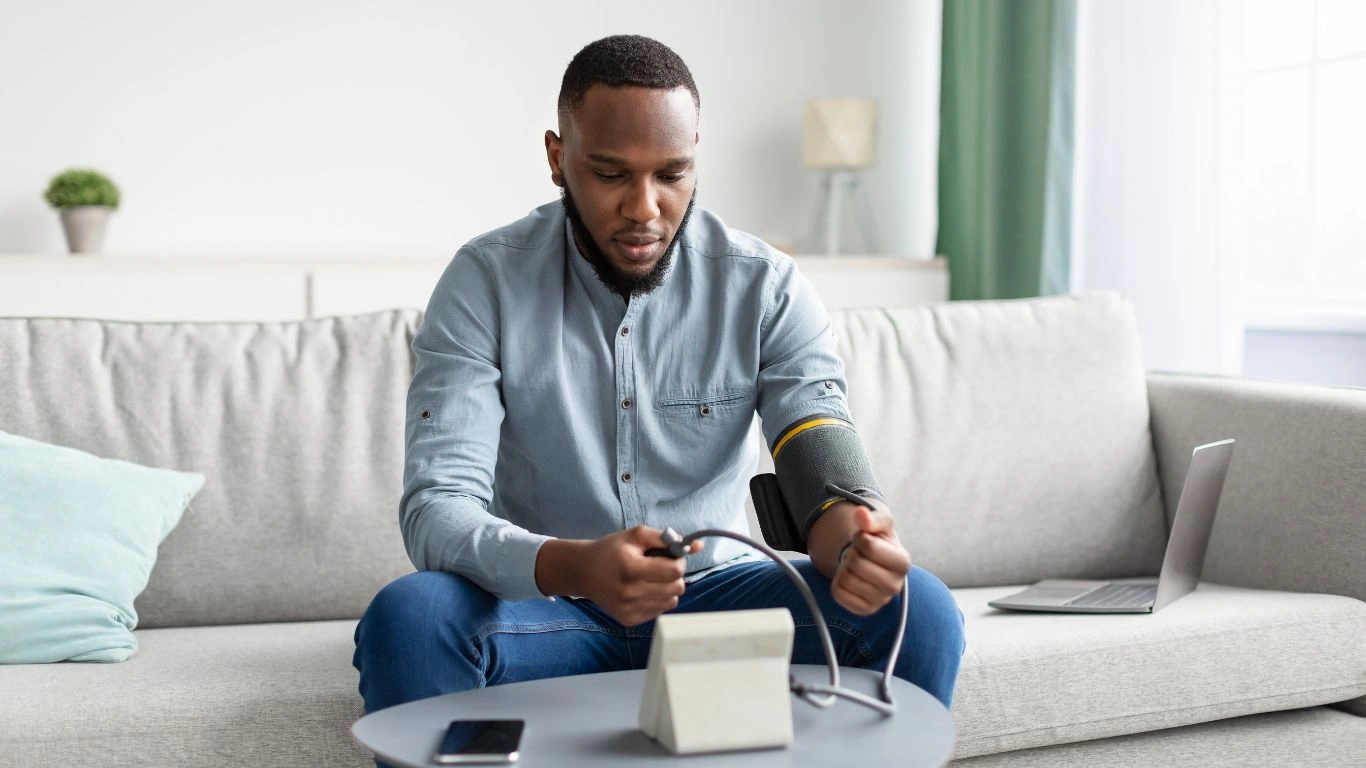
Even when you’re on top of things, problems can still pop up. Here are some of the most common issues and how to solve them:
1. Sticking to a Low-Sodium Diet 🥗
This can be tricky, especially if you’re always on the go. I found it helpful to meal prep on weekends—preparing simple, sodium-free meals so I wouldn’t have to rely on takeout. You can make a big batch of quinoa, grilled chicken, and veggies to last for a few days.
2. Side Effects of Medication 💉
Some diuretics can leave you feeling dehydrated or cause electrolyte imbalances. If you’re feeling dizzy or just “off,” it’s important to talk to your doctor. They might adjust your dose or suggest a different medication. Don’t ignore how you’re feeling.
3. No Improvement with Exercise 💪
Okay, this one’s frustrating. But if you’re working out regularly and still see no results with your swelling or blood pressure, it could be time to check in with your doctor. Sometimes, there’s an underlying issue (like kidney disease or hormone imbalances) that needs to be addressed.
Real-Life Success Stories 💬
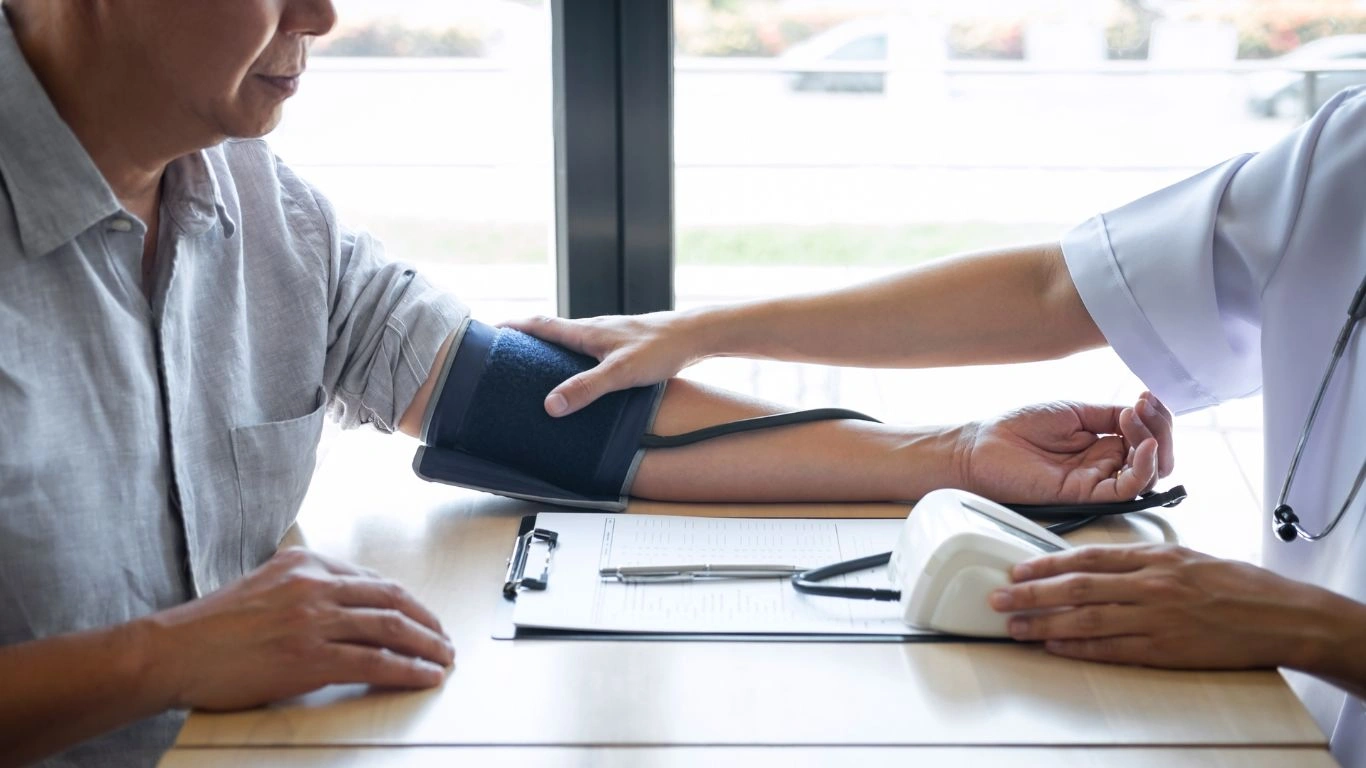
Sarah’s Success Story
Sarah, a friend of mine, was dealing with both hypertension and swelling in her legs for months. After switching to a low-sodium diet, adding potassium-rich foods, and getting into a regular walking routine, she started seeing some pretty amazing changes. Her blood pressure dropped, and her feet stopped feeling like they were going to pop. I’m so proud of her!
John’s Journey with Medication
John had a tough time managing his hypertension, despite his efforts with diet and exercise. After his doctor prescribed a diuretic, he felt a huge difference. His fluid retention reduced, and his blood pressure became much more manageable. Everyone’s situation is different, but for John, the meds really helped turn things around.
Key Takeaways 📝
- Salt is the enemy when it comes to both hypertension and water retention. Keep that intake low!
- Exercise and stress management can make a massive difference in reducing swelling and lowering blood pressure.
- Medications might be necessary, but always check in with your doctor to find the right treatment for you.
FAQs 🤔
Q: Can drinking more water help with water retention?
A: Surprisingly, yes! Staying hydrated helps your kidneys flush out excess fluids. Just avoid sugary drinks and stick to plain water or herbal teas.
Q: How quickly will I see results from lifestyle changes?
A: It really depends. You might start feeling better in a few days or weeks, but for long-term changes, stick with it for a few months.
Q: Are compression socks comfortable to wear?
A: At first, they might feel a little tight, but after a while, they actually feel pretty good—especially when you’re dealing with swollen legs.
References 📚
- American Heart Association – Hypertension
- National Kidney Foundation – Water Retention
- Mayo Clinic – Hypertension Treatments
Disclaimer ⚖️
Just a heads-up: this article isn’t medical advice—just some tips I’ve learned along the way. Always chat with your healthcare provider before making any big changes.
Call to Action 🚀
Don’t let hypertension and water retention get the best of you! Start small with some of these tips, and take control of your health today. And if you’re unsure, always reach out to your doctor—they’ve got your back. You’ve got this! 💪

Dr. Gwenna Aazee is a board-certified Internal Medicine Physician with a special focus on hypertension management, chronic disease prevention, and patient education. With years of experience in both clinical practice and medical writing, she’s passionate about turning evidence-based medicine into accessible, actionable advice. Through her work at Healthusias.com, Dr. Aazee empowers readers to take charge of their health with confidence and clarity. Off the clock, she enjoys deep dives into nutrition research, long walks with her rescue pup, and simplifying medical jargon one article at a time.

